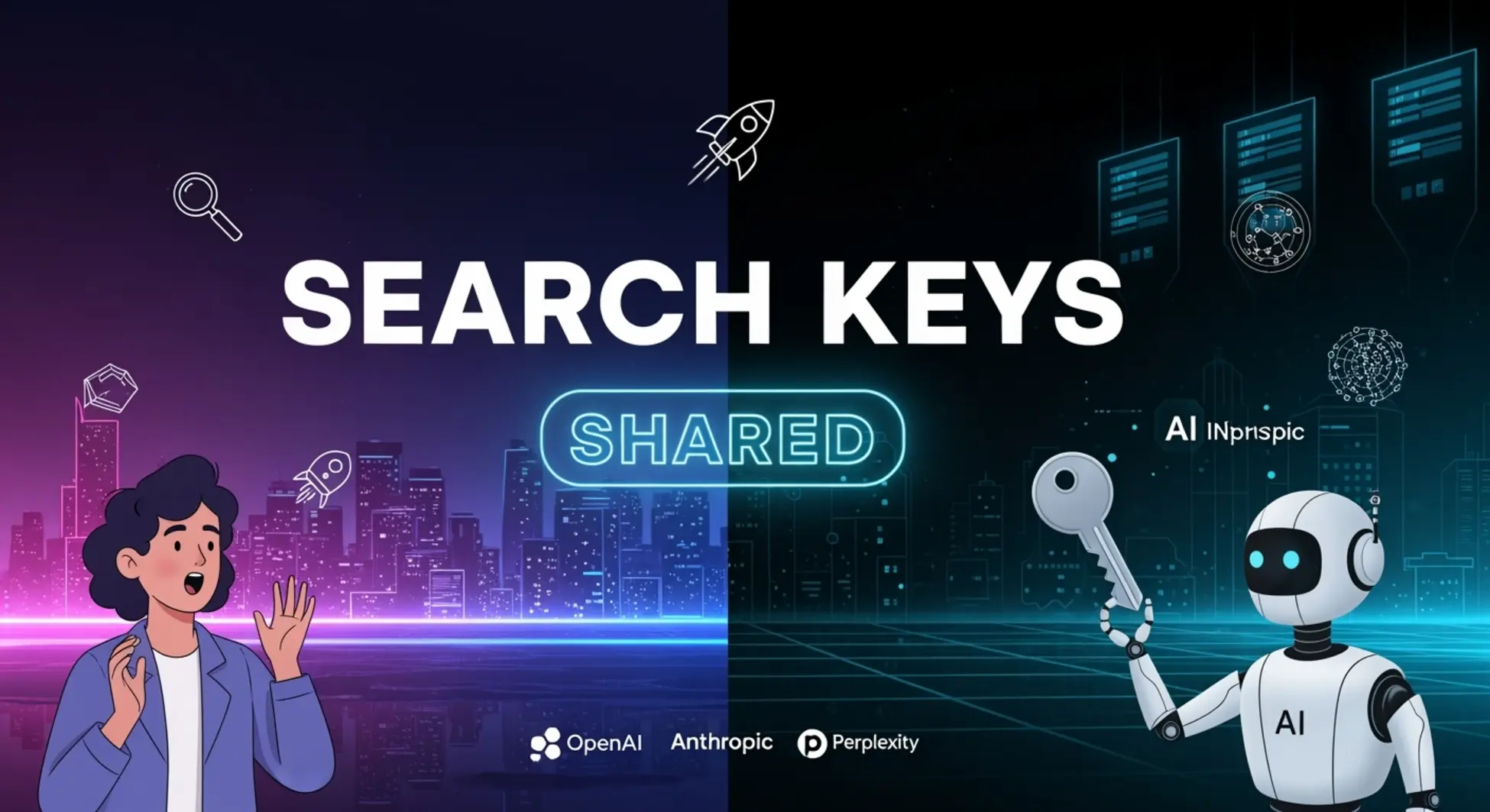Let’s be real: antitrust rulings are not usually the kind of thing you bring to dinner parties. But stick with me — this one comes with a plot twist that has AI rivals popping champagne (or at least simmering their JavaScript). The recent Google antitrust ruling doesn’t just tsk-tsk Big Tech; it hands rival AI companies a golden — if slightly begrudging — opportunity: access to Google’s famed search index. Cue dramatic pause. 🥂
Why the search index matters (and no, it’s not just another boring database)
Think of Google’s search index as the internet’s librarian on steroids — enormous, meticulously organized, and annoyingly good at finding the right book when you ask for it. For AI models that generate answers, summaries, or “convincing-sounding” essays, access to that index is like getting the master key to the library. Without it, rival AI companies have to reinvent indexing from scratch or rely on less complete sources.
What the ruling orders — in plain English
According to reporting from Fortune, Yahoo/AOL, and Business Insider, the ruling includes measures that restrict Google’s ability to lock partners into default arrangements that edge out competitors and, crucially, could force Google to share elements of its search index with rivals. This is huge. OpenAI reportedly asked Google in 2024 for a partnership to access the index — Google declined — and other AI startups like Perplexity and Anthropic have been trying to build their own indexes (spoiler: it’s expensive and messy).
Why AI rivals should be cheering (and why they probably are)
Hot take coming in 3…2…1: If Google is forced to open up parts of its index, AI rivals get a major shortcut. Here’s why that matters:
- Quality of source material: Google’s crawled web pages are a higher-fidelity, highly ranked dataset. Having access elevates the factual grounding of generative models.
- Speed to market: Building a Google-caliber index takes years and stacks of cash. Access bridges that gap fast.
- Competition = innovation: When rivals can find the same high-quality sources, they can compete on model architecture, user experience, and trust rather than who owns the doorway to the web.
Real-world winners: Who stands to gain first
Perplexity, OpenAI (ChatGPT), Anthropic, and Meta — that’s your short list. Perplexity is already positioning itself as an “answer engine” and has been quietly building a partial index. OpenAI reportedly talked to Google in 2024 about sharing the index for ChatGPT, demonstrating how valuable that access would be. Now, forced sharing could accelerate improvements for these services quickly, moving the needle for search-like accuracy in generative outputs (Fortune; Yahoo/AOL).
But wait — there are complications (because life loves a good plot twist)
Before anyone starts writing “Game Over” on Google’s tombstone, there are important caveats. First, the technical and commercial details of how an index might be shared are thorny. You can’t just hand over the keys without rules:
- Data formats & APIs: Will Google need to maintain special APIs for rivals? Or will rivals get snapshots? Each option has performance, cost, and fairness implications.
- Privacy and copyright: Google’s index contains links to copyrighted works and data that could raise legal questions about licensing and scraping. Sharing doesn’t erase those concerns.
- Quality control: Opening the index could introduce spammy manipulation attempts unless Google and regulators design robust protections.
So yes, Google’s rivals win a key advantage — but it won’t be a simple flick of the wrist. Think of it more like getting access to a celebrity chef’s secret pantry: fantastic, but you still have to know how to cook.
How this could change the AI search landscape
If rivals can reliably use Google’s index data, we could see:
- Better fact-checking and sourcing: AI outputs that cite higher-quality pages and reduce hallucinations.
- More specialized answer engines: Companies could build niche search-AI hybrids for law, medicine, or finance using trusted indexing data.
- Traffic redistribution: News sites and publishers might see traffic shifts depending on how AI services source and display their content.
Publisher concerns and the content economy
Business Insider reports that forcing Google to share data could accelerate traffic declines for publishers if AI services use the index to summarize and answer queries without sending users to original pages. That’s a real worry. On the flip side, clearer sourcing could drive readers back to original content if models are designed to link and attribute properly. The outcome depends on future policy, commercial deals, and design choices by AI companies.
The strategic responses we might see
Expect some rapid strategic moves after the ruling:
- Partnership bids: Smaller AI firms may push for licensing deals or joint indexing projects with publishers and hosts.
- Investment in proprietary crawling: Companies might pour money into building alternate indexes (OpenAI, Meta, Microsoft — anyone got a spare $100M?).
- Regulatory arms race: Lobbying and legal battles over the specifics of what must be shared are almost guaranteed.
Bottom line — why this ruling matters beyond headline drama
This ruling isn’t just about punishment; it’s about leveling access to an internet resource that has become infrastructure. If executed thoughtfully, shared access to Google’s index could lower barriers for new entrants, encourage innovation in generative AI, and maybe — just maybe — make search smarter and fairer. But the devil’s in the details: privacy, licensing, and anti-manipulation measures will determine whether this becomes a renaissance or a regulatory mess.
Final takeaway (with personality)
So yes, AI rivals have cause to cheer. Not because Google loses — it might remain dominant — but because the ruling could hand competitors the tools to compete smarter. It’s like being allowed into the exclusive gym: you still have to lift the weights, but at least the equipment is now shared. You feel me?
Sources: Fortune, Yahoo/AOL, Business Insider reporting on the 2025 Google antitrust ruling and related testimony and documents.

